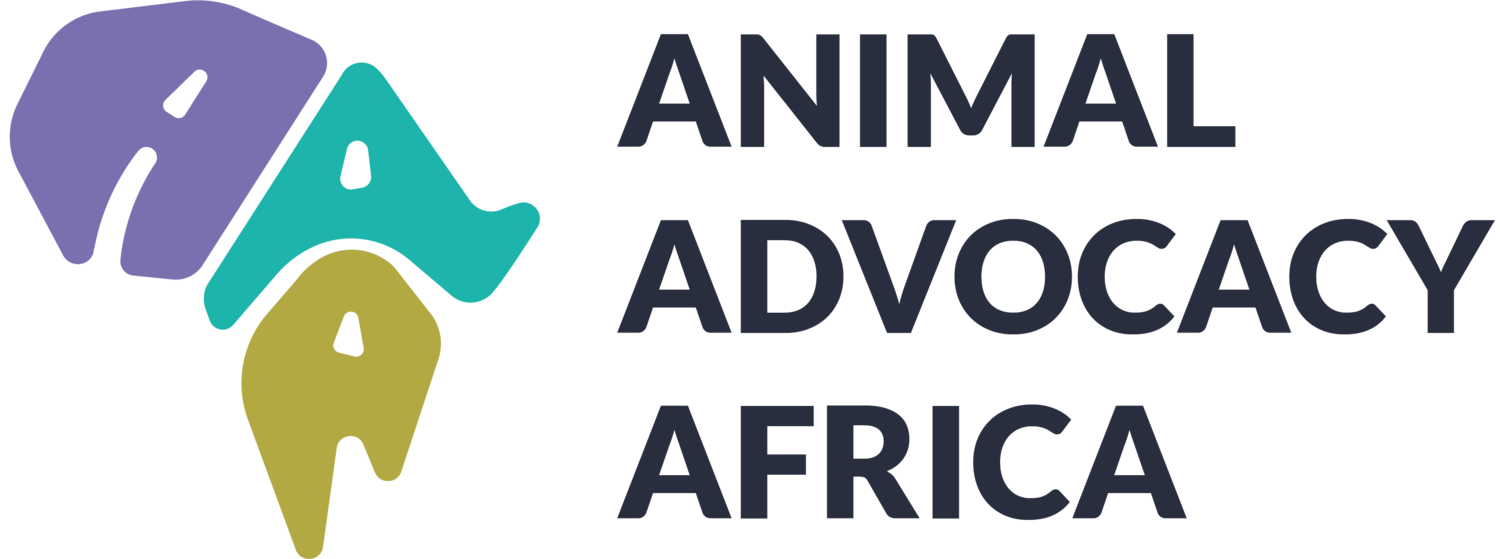
Our Progress
Top Achievements
Page last updated: February 2025
Yearly Reviews
Our Theory of Change
Our Reach
Daniel is the founder of Animal Welfare League (AWL), an animal advocacy organisation based in Ghana. They joined our capacity-building programme in 2022.
In 2022, we influenced their decision to pursue cage-free advocacy in Ghana, facilitated their introduction to the Open Wing Alliance, and helped them secure their first grant of USD 20,000 from the EA Animal Welfare Fund.
By 2023, our assistance enabled AWL to obtain an additional USD 97,500 in grants from the EA Animal Welfare Fund, the Open Wing Alliance, and the Tiny Beam Fund. Moreover, we established a partnership with Ribon, generating approximately USD 1,000 monthly for the organisation.
Beyond fundraising, our support extended to various other areas: facilitating their participation as speakers at the AVA Summit in both 2022 and 2023, connecting them with volunteers who developed their website, and guiding them in using Mailchimp for newsletter campaigns.
Daniel Abiliba from Animal Welfare League
Case Studies
“AAA’s programme helped us learn from other advocates and collaborate with them. We were also supported on building organisational structure and focus, fundraising and strategy development.”
Paul Ssuna from Animal Welfare Competence Center for Africa
Paul is the founder of Animal Welfare Competence Center for Africa (AWeCCA), an animal advocacy organisation based in Uganda. They joined our programme in 2022.
In 2022, we provided strategic advice and facilitated connections to research services offered by Animal Ask. Their research, combined with our feedback, influenced Paul to adopt a high-impact intervention – a decision we believe might not have occurred without our involvement.
We supported AWeCCA in securing a USD 75,000 grant from the EA Animal Welfare Fund.
In 2023, they formed a task force committee which has appraised the current policy and legislative framework in Uganda, progressing toward recommendations for revised policies. They also met with several stakeholders to advocate for updating and reforming the current Animal Cruelty Prevention Act of 1976.
AWeCCA presented insights on chicken caged farming in Uganda at a conference in Ghana and visited Ethiopian stakeholders in the animal agriculture industry to discuss how development cooperation NGOs can leverage guidelines for animal welfare in their initiatives.
“AAA introduced us to a decision-making model which has helped us ensure we select interventions that can achieve the most possible impact.”
Yvonne Gurira from Animal Advocates International
Yvonne is the founder of Animal Advocates International (AAI), an animal advocacy organisation based in Zimbabwe. They joined our programme in 2022.
Since then, AAI:
Has continued campaigning against the usage of battery cages by speaking on radio, lobbying farmers, and conducting training workshops
Attended Effective Altruism Global (EAG) San Francisco and the Animal & Vegan (AVA) Summit
Received a $1,000 donation from an EA-aligned donor after our recommendation
Received $4,000 from an EA network of funders with our recommendation
“AAA’s programme is very helpful. In addition to helping me develop a strategic plan and funding proposals, they recommended me to individual donors who have supported my organisation not only with funding but with effective strategy and good operations practice ideas. AAA also connected me with like-minded organisations in Zimbabwe and Africa, provided me with templates and advice on best practices for running an effective non-profit”
Timeline
Limitations
Given that we are a meta organisation that supports other individual advocates and advocacy organisations rather than directly helping animals, measuring our actual impact is a complex task. It remains unclear to what extent the achievements listed here can be directly attributed to AAA.
Despite improvements to our monitoring and evaluation processes, specifically regarding our strategic pivot towards the training programme, we still lack a comprehensive understanding of the cost-effectiveness of our work and the number of animals impacted by our advocates. To address this, we aim to develop a rough cost-effectiveness analysis or back-of-the-envelope calculation in 2025 to estimate our overall impact on animals.
In 2024, we introduced a quantitative impact measurement for our training programme, based on Animal Advocacy Careers (AAC), to objectively measure our progress, hold ourselves accountable, and report on our performance related to our goals. Interested readers can read more about this here.
We also measure other services which provide value to the wider animal advocacy community. These include public-facing activities such as publishing research, and speaking at conferences which aim to increase the visibility of the farmed animal advocacy movement in Africa. The impact of these activities is even harder to measure. However, we track these activities and collect relevant key data points that can help us evaluate whether these activities are worthwhile (e.g., publicity/recognition of research publications, or key takeaways from conferences).
























